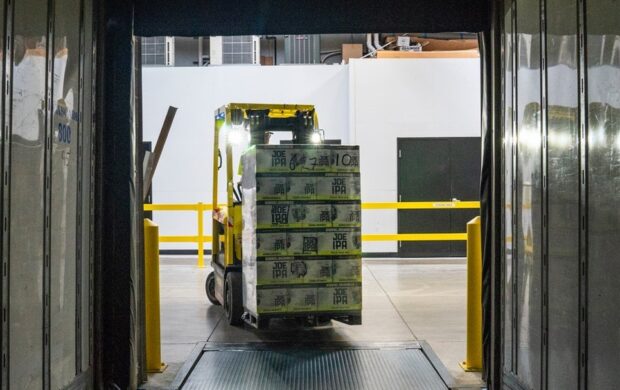The Iranian parliament is considering two bills to boost birth rates and prevent population decline by outlawing voluntary sterilisation and restricting access to contraceptives.

If ratified, the bills would reverse a progressive birth control programme that Iran has implemented over two decades. It included subsidised vasectomies, free condoms and affordable contraceptives, as well as countrywide education on sexual health and family planning.
In October 2014, Iran’s Supreme Leader, Ali Hosseini Khamenei, expressed concerns that Iran would face an ageing population, but critics say his concerns are unfounded, with 70% of the country’s 77 million people under the age of 35. Khamenei added that Iran has the capacity to almost double its population size, envisioning “at least 150 million people, if not more”.
Amnesty International reports that one bill seeks to increase fertility rates and prevent population decline will ban all surgeries intended for permanent contraception, except in cases in which there are threats to physical health, with harsh punishments for doctors involved in contraceptive surgeries. The legislation will also slash state funding for birth control programmes.
The other proposed legislation, the comprehensive population and exaltation of family bill, “instructs all private and public entities to prioritise, in sequence, men with children, married men without children and married women with children when hiring for certain jobs”. The bill will also tighten the divorce laws, which are already heavily in favour of men.
Image: Shahrokh Dabiri/Flickr









